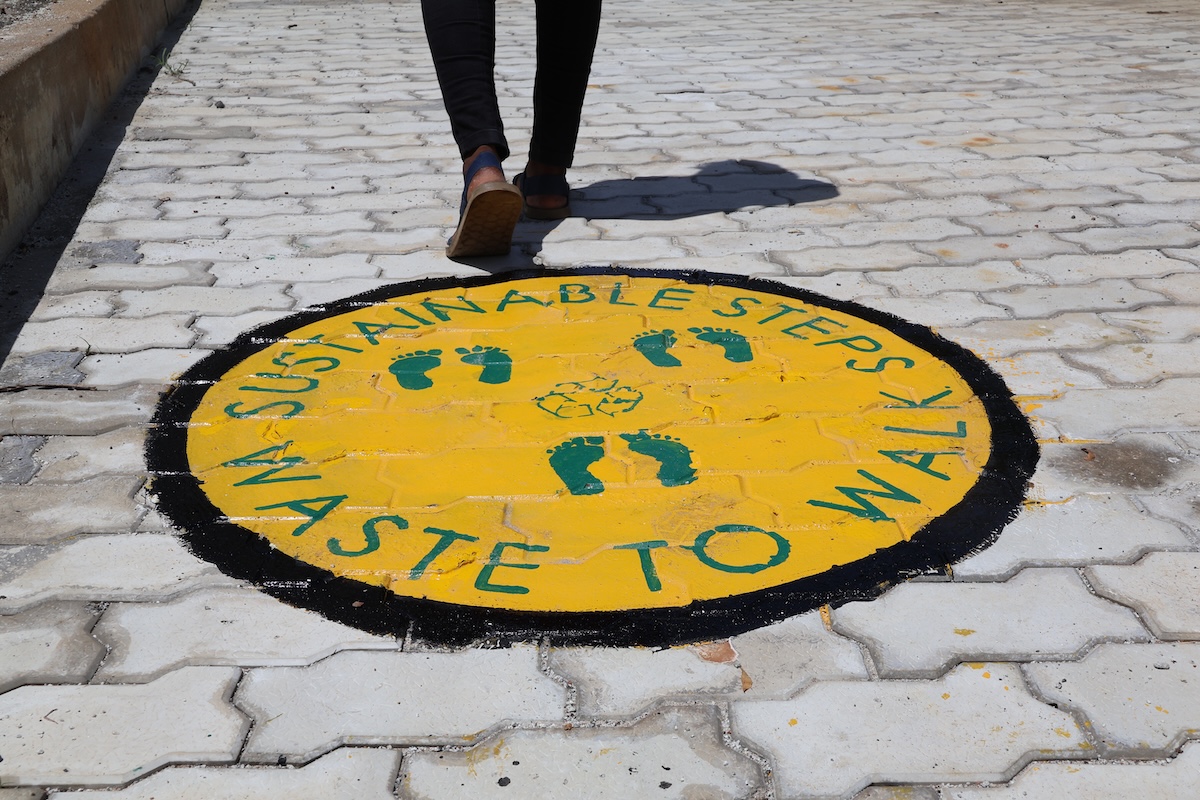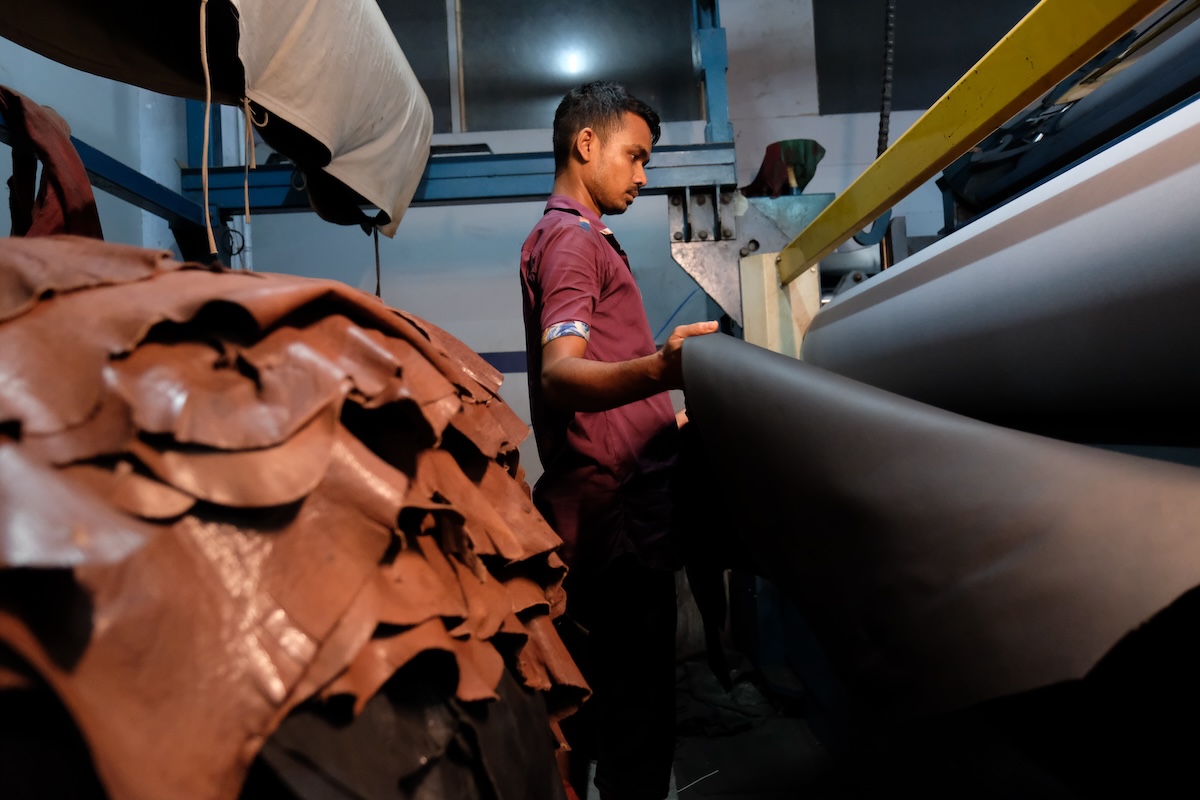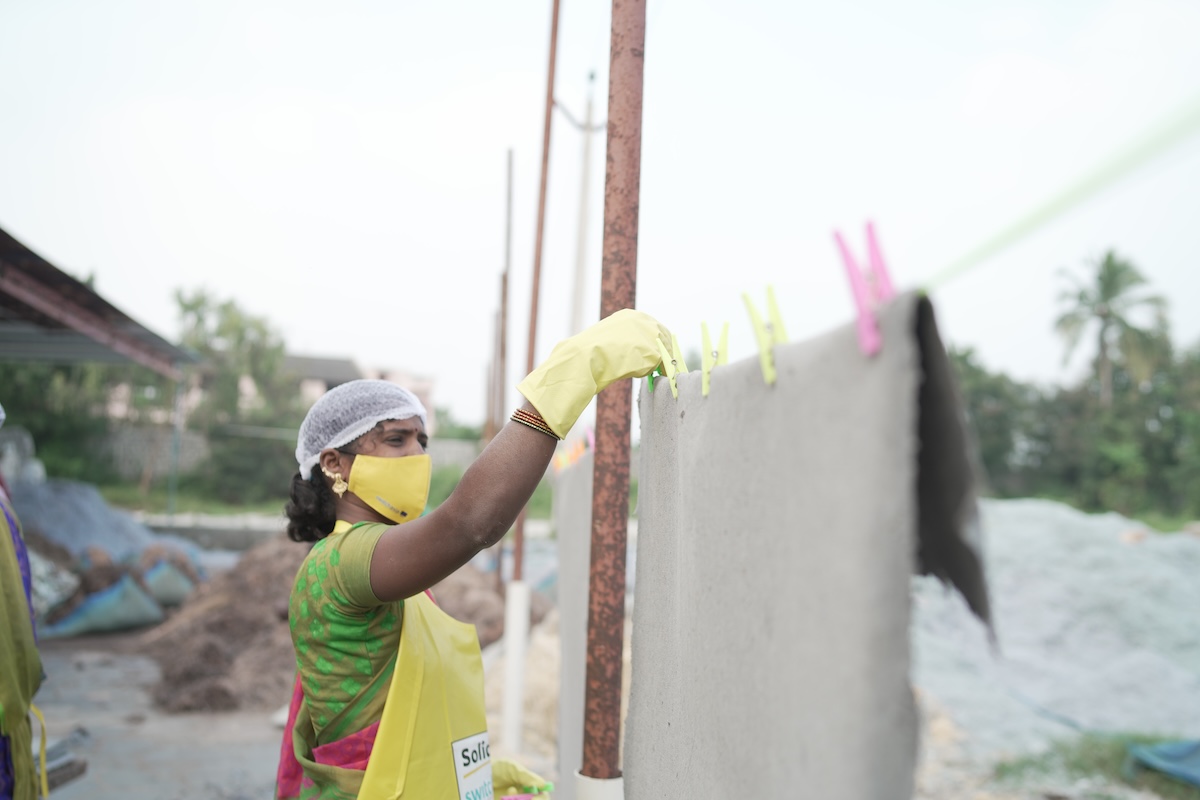Micro, small and medium enterprises (MSMEs) account for nearly half of the GDP of South and Southeast Asian nations, playing a crucial role in job creation, innovation and economic growth. MSMEs are particularly important in the leather and textile sectors of Bangladesh, India and Sri Lanka, and contribute significantly to foreign exchange earnings in those countries.
The Challenges
Despite their contributions, MSMEs in the leather and textile sector face several challenges:
- They are water-intensive and known to cause pollution.
- They require significant access to limited natural resources such as water and land, and contribute to greater scarcity.
- They cause high levels of air, water and soil pollution, in addition to their large carbon footprint.
The burden of these consequences are often borne by the most marginalized populations of society, leaving them vulnerable to the effects of pollution and scarcity.
Opportunities & Interventions
Greening of the leather and textile supply chain is the need of the hour. To this end, Solidaridad has been working with MSMEs in the leather and textiles sector to embed sustainability in their operations, since 2017.
Solidaridad’s strategy is designed around four critical components: Good Practices, Supportive Business Ecosystem, Enabling Policy and Market Uptake.
The interventions address core issues: lack of waste management, inefficient use of water, untreated effluent discharge into river systems, and inadequate training of workers at the units to mitigate occupational health and safety risks.
By working together with multiple stakeholders, Solidaridad in Asia has been able to achieve these results in 2023:
- 1.6 billion liters of water conserved
- 252 processors have reduced pollution at their workplace
- 188 processors have committed to decent working conditions and fair wages
- 23 techno-economically viable business models on pollution abatement established
- 23,844 workers under improved working conditions




